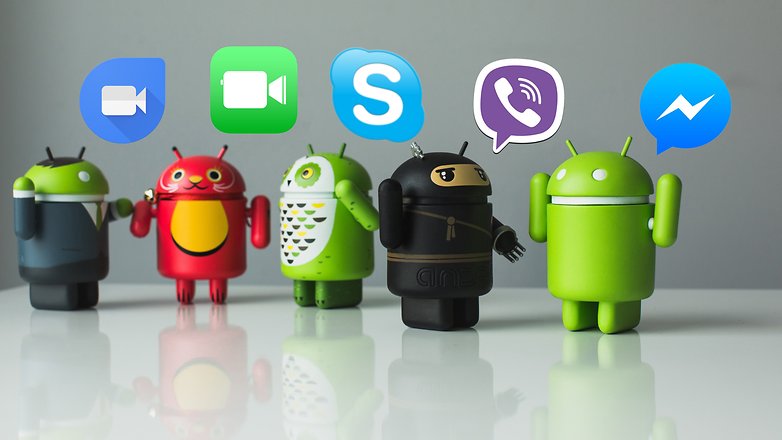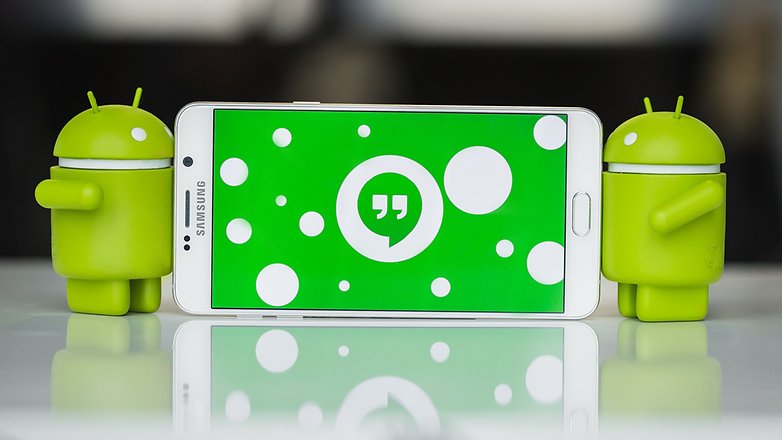Google has a rather frustrating/rewarding habit of acting like a puppy with insatiable curiosity. On the one hand, it means we get the best machine learning algorithms in the world put to use on our smartphones; on the other hand, it means we have four messaging apps dividing the user base and no reason to believe the number won't grow in the future.

Eric Schmidt took to the stage for an interview at Startup Fest Europe, and he said that Google Allo is "better than anything else on the market" and asked that "before we sort of criticize it, why don't you use it?" Well, because no one has any idea when it's coming out. And if Google Allo really is the best messaging app ever, why wouldn't Google do away with Hangouts and Messenger?
Google seemed to have developed such a close bond with failure that it refuses to believe wholeheartedly in any of its new products, and the threat of abandonment lurks, constantly, over every new app. Why would I feel inclined to adopt Allo and buy into the idea that is the best thing on the market, when Google itself doesn't seem willing to do the same?
The position Eric Schmidt adopted in the interview, when asked by an audience member how Google keeps focused with such a wide array of messaging apps, was that "people have made this into a big deal: it's not." When large swathes of your user base are decrying a certain element of your ecosystem or product, it seems proud and stubborn to discount those concerns as pithy blather.

But this is not even my primary problem with what Schmidt had to say. He continued: "Assuming Allo does well, the others can be integrated into that effort over time...it's easy to integrate the others into the winning product."
The assumption that there will be a winning product is a big one. No other successful messaging app that I can think of has achieved its success in this way. Here's the paradox as I see it: Schmidt wants a winner to unify the system, but there can't be a winner until there is a unified system.
Schmidt also restated that Google's approach is one of experimentation. This is great, and means that things like augmented reality are making real progress, but how effective or beneficial is this approach when you're using it on consumer products intended for casual use by millions? Why build something as an experiment that is going to deepen user frustrations when it is abandoned or sidelined in favor of the next experiment a few years later?
Google would argue that it's always pushing forward and that this experimentation requires abandoning old products, but how long can users expect this to continue without anything being placed in their hands that Google deems worthy of pursuing for more than a couple of years?
Why are Allo and Duo even separate apps? Google says it because they've discovered that people like to use different apps for different things, but is this true? What if people are using different apps in this way is not because they want to but simply because different people they know happen to be on these different services?
I find the arguments for Duo and Allo flimsy, paradoxical and a little insulting. Do you agree, or do you think Google's style of experimentation is a beneficial thing for Android users?
0 comments:
Post a Comment